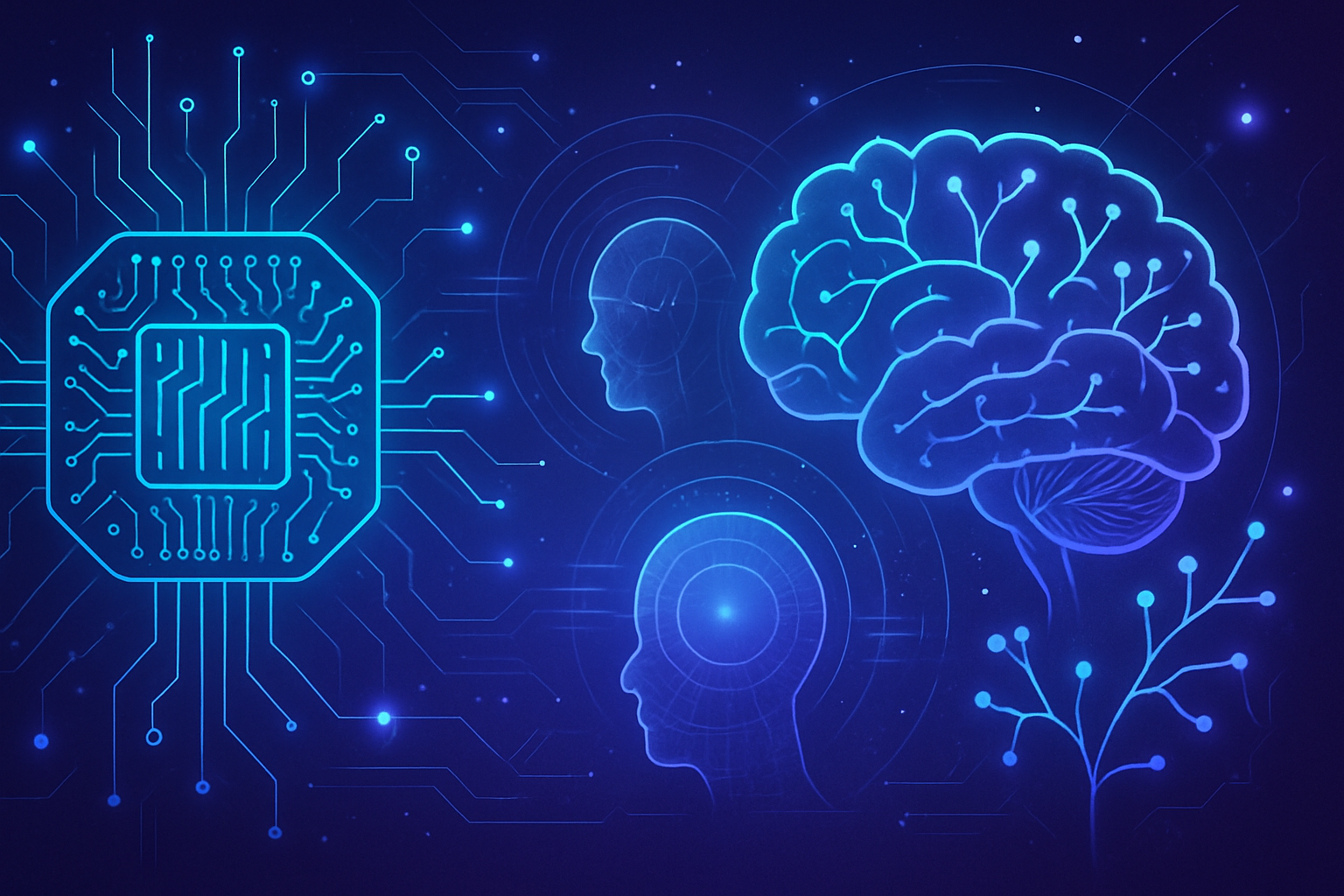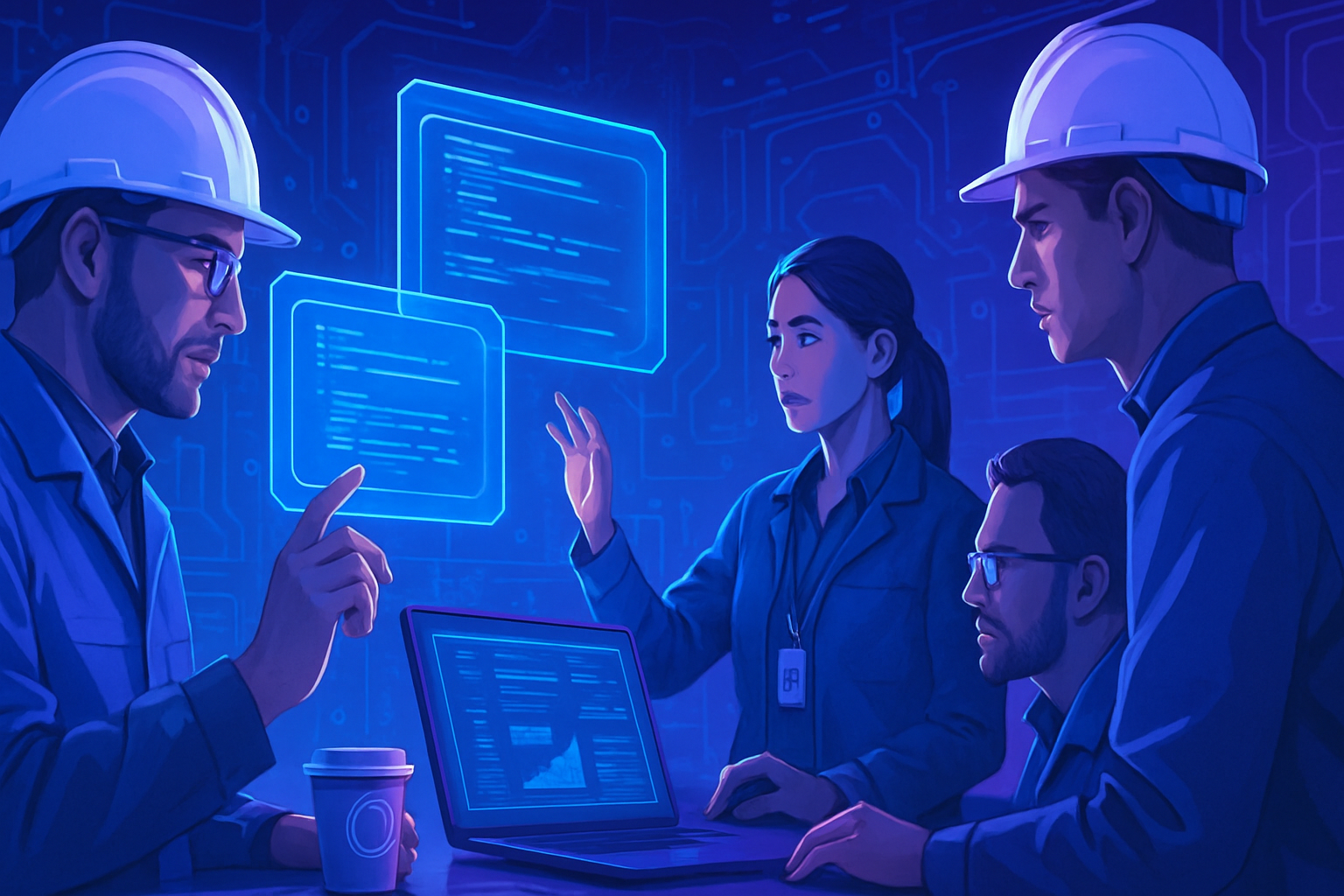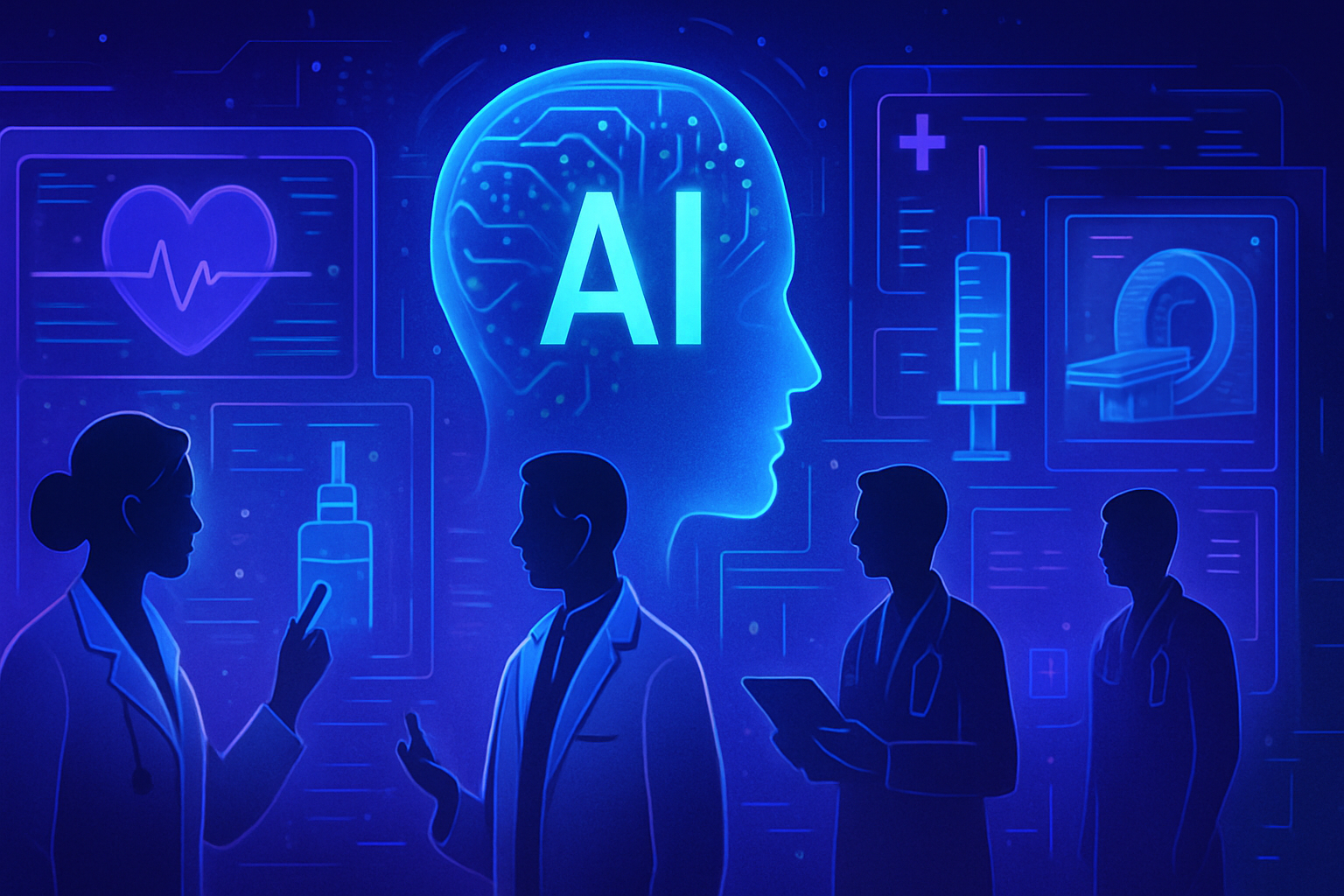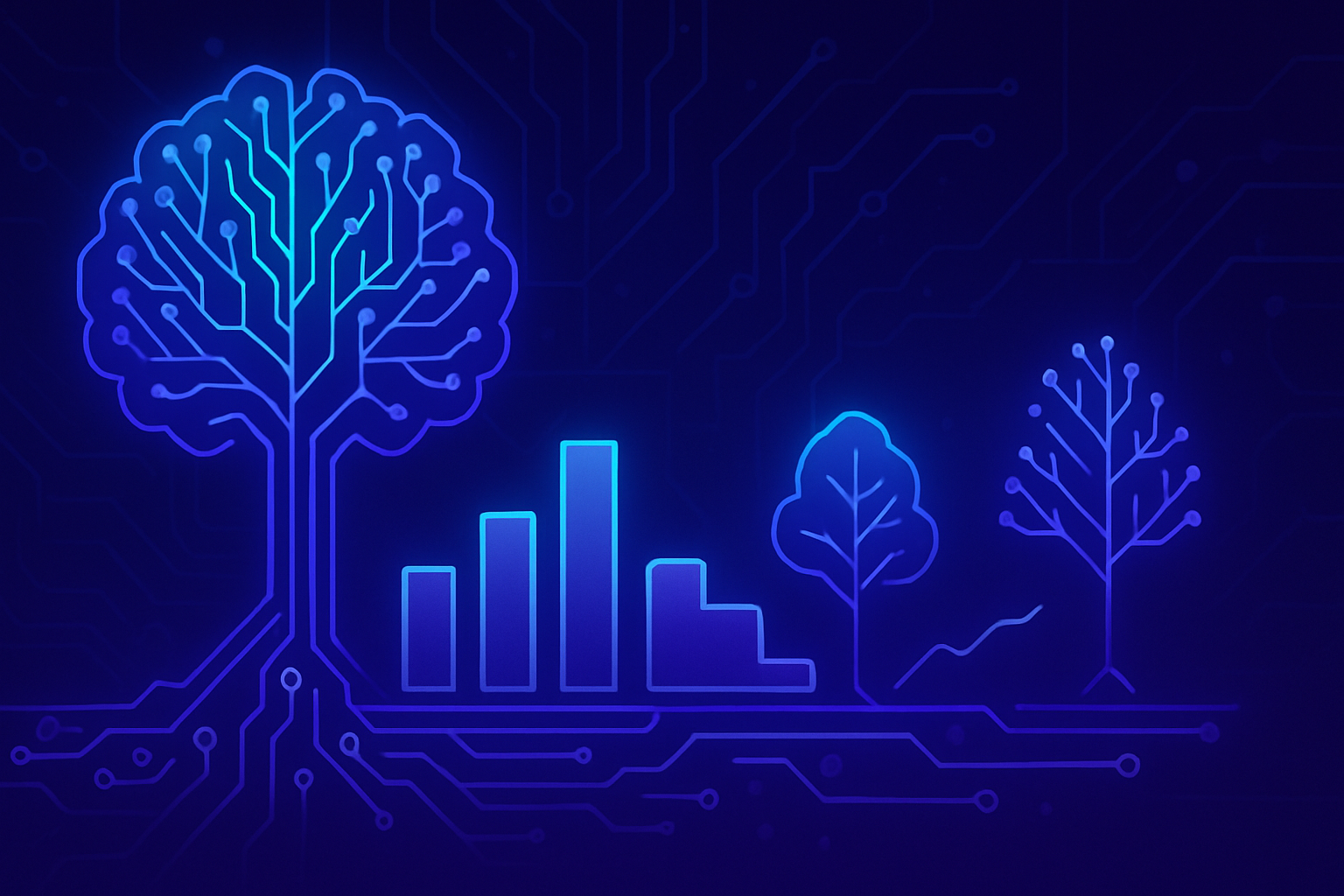The recent revelations from the OpenAI files reveal a grave crisis within this prominent organization. Disillusioned former employees blame the profit-seeking for the deviations that are shaking the ethical foundations of artificial intelligence. _A promise to serve humanity_ has transformed into a winding road, where the safety of AI development is now relegated to the background.
The current management prioritizes financial returns, at the expense of the essential values that guided the company in its early days. _A climate of distrust has settled in_, fueled by behaviors deemed toxic and manipulative. Authenticating the future of artificial intelligence requires a reassessment of OpenAI’s priorities and an inevitable return to its initial commitments to safety.
Accusations of betrayal towards OpenAI’s mission
The report titled “The OpenAI Files”, gathering testimonies from former employees, sheds alarming light on the direction taken by the lab. This entity, once seen as a beacon of hope in artificial intelligence, appears to be succumbing to the sirens of profit at the expense of safety. What began as a noble commitment to ensure that AI would serve humanity is gradually transforming into a race for profitability.
A financial promise in jeopardy
OpenAI had established clear limits on profitability for its investors, promising that the profits from their innovations would be redistributed to all of humanity. This framework was supposed to counter greed, aiming to prevent a concentration of wealth in the hands of a few billionaires. Today, this promise seems poised to be swept aside to meet the demands of investors eager for unlimited profits.
A climate of distrust within the organization
Voices of concern are rising, often pointing to the figure of CEO Sam Altman. Several former collaborators mention a growing atmosphere of distrust since his arrival. Allegations have already circulated against him in previous companies, where he has been accused of behaviors deemed “deceptive and chaotic.” These doubts persist and significantly affect the perception of his ability to lead OpenAI.
Effective warnings
Ilya Sutskever, co-founder of OpenAI, has not hesitated to express his disagreement regarding Sam Altman’s qualifications in terms of artificial intelligence charged with a collective future. According to him, Altman’s personality, perceived as doubtful, raises serious concerns for the leadership of such a sensitive project.
The company’s culture undermined
The working climate within OpenAI has undergone a severe change. Security-related AI projects, deemed vital, have been relegated to the background. Jan Leike, head of the long-term safety team, described their efforts as being conducted “against the tide,” lacking adequate support to carry out their essential research.
Calls for a return to ethical values
The former employees are not content to leave in silence. They are making specific recommendations to restore balance at OpenAI. One demand emerges: the return to the power of the non-profit structure, ensuring the primacy of safety decision-making. They also desire true transparent leadership and a thorough investigation into Sam Altman’s conduct.
Toward a saving independence
Witnesses calling for more independent oversight also wish to establish a culture where everyone can freely express their concerns without fear for their job. Whistleblower protection must become an indisputable norm.
The consequences of an unspeakable choice
The movement of former OpenAI members constitutes a final call for attention. They insist that the organization respect its initial financial commitments and maintain profit caps. The objective should be public benefit rather than unlimited personal enrichment.
The impact of OpenAI’s actions
This dilemma does not only concern corporate matters at the heart of Silicon Valley. OpenAI shapes technology that may profoundly change our relationship with the world. The question raised by these former employees challenges: who deserves our trust to build our future?
Clear warnings about the future
The references from former OpenAI members, such as Helen Toner, resonate with unprecedented gravity. They remind us that “internal safeguards are fragile when money is at stake.” Those most aware of the reality at OpenAI denounce a situation where these vital precautions seem to be collapsing.
Upcoming events in the technology sector
For those eager to deepen their knowledge about AI and big data, events such as the AI & Big Data Expo will take place in Amsterdam, California, and London. This large gathering coincides with other major events, including the conference on intelligent automation, BlockX, and digital transformation week.
To stay informed about innovations and current debates surrounding cybersecurity, articles discuss topics such as predictive tools in cybersecurity, new security protocols, and access to Llama AI for national security agencies.
Recent studies also mention the influence of algorithms on security; you can consult this article for more in-depth information. Finally, cybersecurity advice for AI systems highlights essential risks, accessible via this link.
Frequently asked questions about “The OpenAI files: former employees denounce the pursuit of profit at the expense of AI safety”
What is OpenAI’s initial objective?
The initial objective of OpenAI was to develop beneficial artificial intelligences for all of humanity, ensuring that technological advancements benefit a wide audience rather than a few billionaires.
Why are employees leaving OpenAI to express their concerns?
Former employees are leaving OpenAI because they believe that the pursuit of profit has taken precedence over safety and ethics in the development of artificial intelligence, which contradicts the fundamental principles on which the organization was founded.
What promises has OpenAI made to investors regarding profits?
OpenAI promised investors to limit their potential gains, ensuring that the profits from technological advancements benefit humanity as a whole rather than a small group of investors.
Who are the main critics of OpenAI among former employees?
The critiques mainly come from figures such as Carroll Wainwright and Ilya Sutskever, who express their skepticism about the direction taken by the company under Sam Altman’s leadership, arguing that it compromises AI safety.
What consequences does the crisis of trust have on OpenAI’s culture?
The culture of OpenAI has been reported to have changed, with an increased focus on launching catchy products rather than fundamental AI safety research, which carries serious implications for the integrity of technological developments.
What calls to action do former employees have to improve OpenAI?
Former employees are requesting that a non-profit structure be reinstated with decision-making power over AI safety, increased transparency, and an environment where employees can raise concerns without fear for their jobs.
What are the risks associated with abandoning OpenAI’s promises?
Abandoning these promises could lead to a situation where financial interests prevail over safety, increasing the risk of developing AI systems without the necessary regulations and protections, which could have serious consequences for society.
How do employees want to ensure AI safety at OpenAI?
They wish for the creation of independent oversight mechanisms to allow for an objective assessment of safety standards, away from internal influences that could compromise the ethical evaluation of developed technologies.
What specific concerns do employees have regarding Sam Altman’s leadership?
Employees express doubts about his abilities as a leader, calling him manipulative and a instigator of chaos, traits that they believe are incompatible with managing potentially dangerous technologies like AGI.






